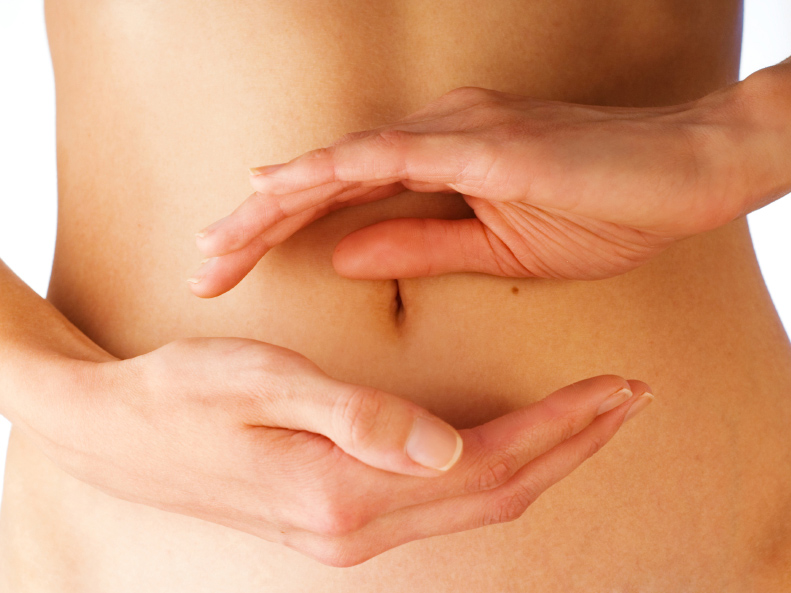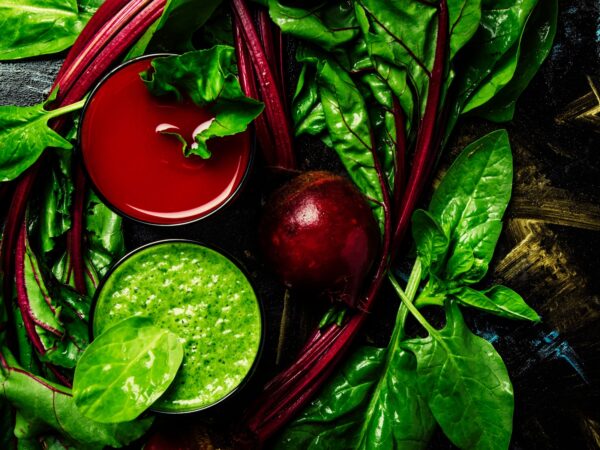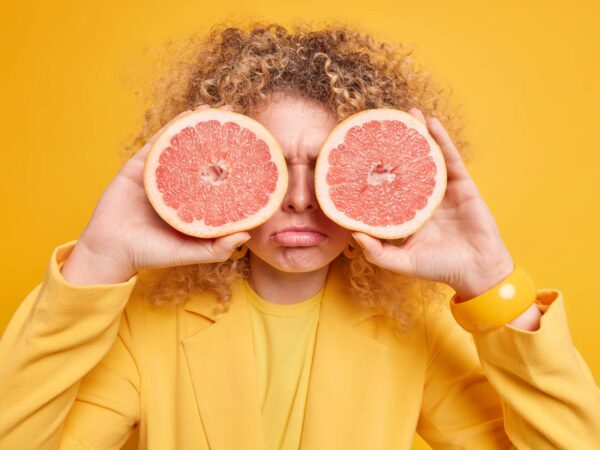Probiotics for Depression – A Natural Mood Booster
Can bad bugs in your gut cause depression and anxiety? New research published in Gut Pathogens found that they do.
It is widely known that probiotics (or “good bacteria”) help maintain the healthy gut flora beneficial to wellness. In fact, numerous studies show that probiotics improve digestion and improve immune function.
Now we know they do something else: Boost the feel-good neurotransmitter L-tryptophan, easing depression and anxiety.
In the study, participants with depression and anxiety were either given a probiotic supplement or a placebo for 2 months.
At the end of the study, 73% of subjects taking the probiotic had an increase in healthy bacteria (Lactobacillus and Bifidobacteria) in the gut, and a significant decrease in anxiety symptoms.
The patients taking the probiotic also showed improvement in their digestion, less bloating and gas, and a reduction in inflammation.
The research leader, A. Venket Rao,said:
We were quite excited with the fact that these were positive results and we felt that probiotics truly have a role to play in the management of neurophysiological disorders such as anxiety, depression and other symptoms associated with that,”
Taking Probiotics for Depression: How Does It Work?
So how do probiotics work their happy magic?
As the good bugs flourish, they crowd out toxic bacteria that promote inflammatory factors (called cytokines) associated with depression.
And at the same time, probiotics dramatically increase Bifidobacteria which increases levels of tryptophan in the brain.
If you suffer from depression, get your gut health in check. Along with taking a high quality probiotic supplement, be sure to:
- Follow a low glycemic, nutrient rich diet
- Avoid all sugar and processed foods
- Eliminate allergens that may be the root cause of your depression (Learn more about food allergies and depression here)
- Eat “clean” protein from wild fish, grass-fed beef and pastured poultry
- Enjoy healthy fats – especially omega-3’s (from fish) and monounsaturated fats (from avocados and nuts)
- Eat living lacto-fermented foods like sauerkraut and kimchi (not canned)
- Avoid chemicals, pesticides, preservatives and additives
- Optimize your vitamin D levels, preferably from natural light
- Exercise
- Manage stress




Leave a Reply